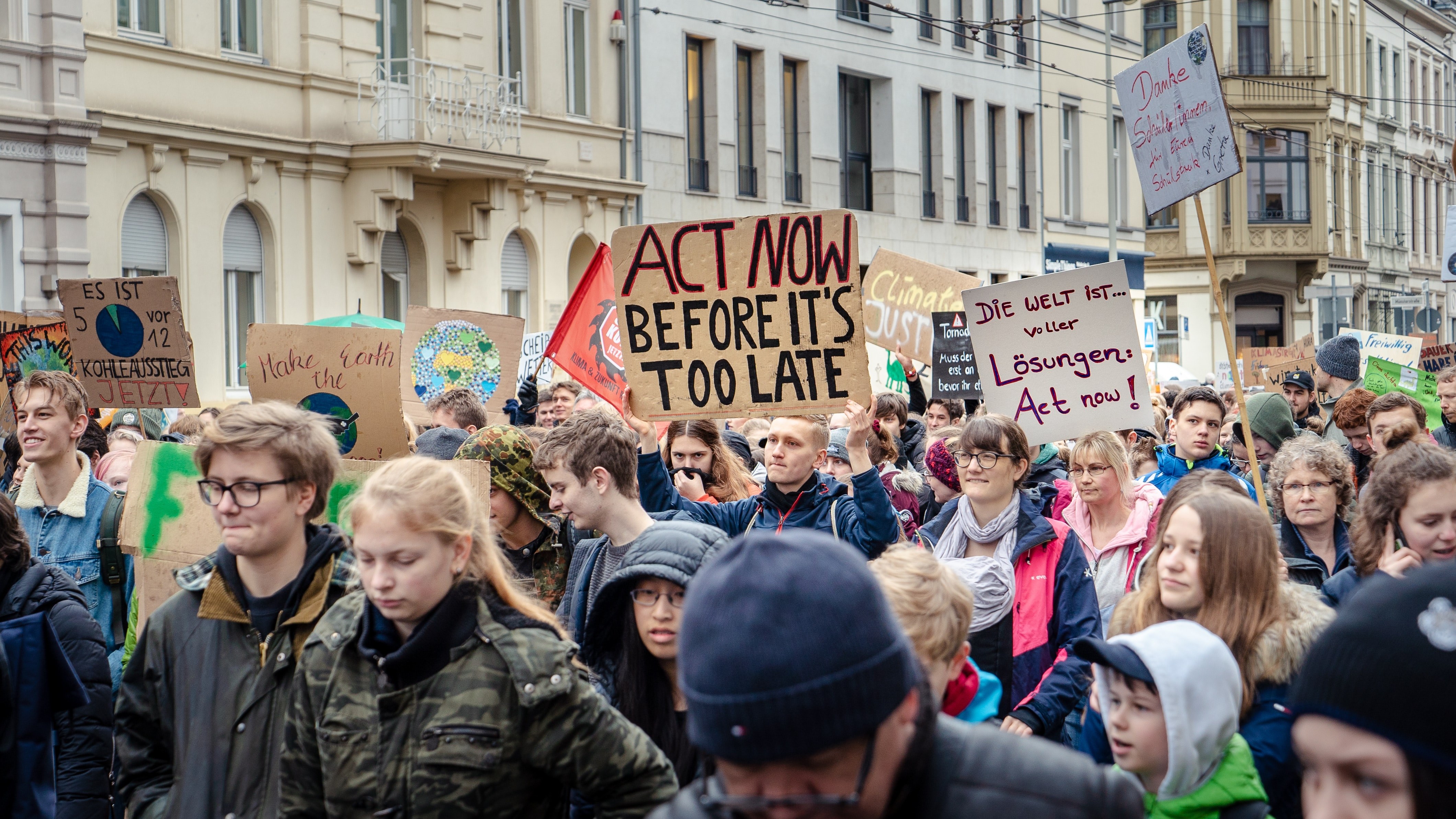

Jun 21, 2021
Climate action means so much more than just carbon offsetting and struggling to be carbon neutral. Those approaches are no longer good enough. Even with COVID-19 reducing our ecological footprint, if we keep consuming the Earth’s resources at our current rate, we would need 1.6 Earths. As human economic activity shows its devastating cost and our world reaches its temperature limit, positive climate action has become critical and urgent.
This year, the UN’s State of Finance for Nature report stated the world must quadruple its annual investment in nature to resolve our climate, biodiversity and land-degradation crises by 2050. The urgency of the current situation is intensified by the link between climate change, global injustice and racial inequality.
If your organisation’s primary function seems to be outside the environmental discussion, think again. We’ve reached a point in time when the environmental crisis underpins everything, and it’s everyone’s responsibility to take climate-positive action.
A new wave of climate-positive initiatives is emerging, taking an active approach to tackling environmental damage. Proactively supporting the health of the planet is set to become the minimum customer expectation. This isn’t just about ‘returning things to normal’ but constantly pushing for better.

Ed Faulkner, founder of Sapling Vodka

Heatherwick Studio in London has revealed its concept for the Airo electric car, designed to clean pollution as it drives. “Airo isn't simply another electric car that doesn't pollute the air,” says founder Thomas Heatherwick. It will also “vacuum up pollutants from other cars." Addressing the global space shortage, Airo is also a multi-functional room with space for dining, working, gaming and sleeping – the glass roof can be made opaque to create a private space.

Haeckel’s bio-contributing packaging is made of mycelium, whose threads intertwine with agricultural waste like sawdust, flax and hemp husks. Once dried, the final product is lightweight, fire and impact resistant. It doesn’t harm any ecosystem and, under the right conditions, will keep growing to create new packaging. It can also be reused, composted or replanted.

Open Kitchen is an ethical, sustainable cafe in Manchester, “intercepting perfectly edible food that will otherwise go to waste.” On a mission to reduce food waste and the greenhouse gas it creates, Open Kitchen also has a more local social purpose. Its pay-it-forward model puts profits into providing meals and ingredients to people across the city who are struggling with food insecurity.

Morrisons is supporting the UK’s first School of Sustainable Food and Farming and has pledged to be the first supermarket directly supplied by net zero carbon British farms by 2030. “The initial targets will be centred around how to achieve net-zero UK agriculture. However, the ambition of the school will include… biodiversity, animal welfare, rural community support, green energy production and farm profitability.”

Worldwide commercial flooring company Interface has created a carbon negative carpet tile collection that could set a new standard for future building materials. Transforming its manufacturing processes, the company has created a kind of carpet backing that stores more carbon than ever before. After the product is made, there is less carbon dioxide in the atmosphere than if the tile had not been manufactured in the first place.
How can you transition all of your organisation’s processes from carbon-neutral or negative to climate-positive? We’re talking about everything from energy consumption and transport to packaging and building materials.
How can you equip and encourage the people you work with to take urgent climate action? Who can you collaborate with to make this possible? How can your organisation lead the way?
How can you make sure climate action is micro and manageable for all of your employees and supporters? What role can your organisation play in enabling positive action?
How can you build climate action into every aspect of your business and make it a KPI you measure and report against?
How can you apply positive thinking about climate action to the challenges your beneficiaries face now, and in the future? How can you support them? How can you constantly push for better, rather than just fixing the present issue? How could future impact disrupt or challenge your future strategy? What could it mean for where, how and who you work with?